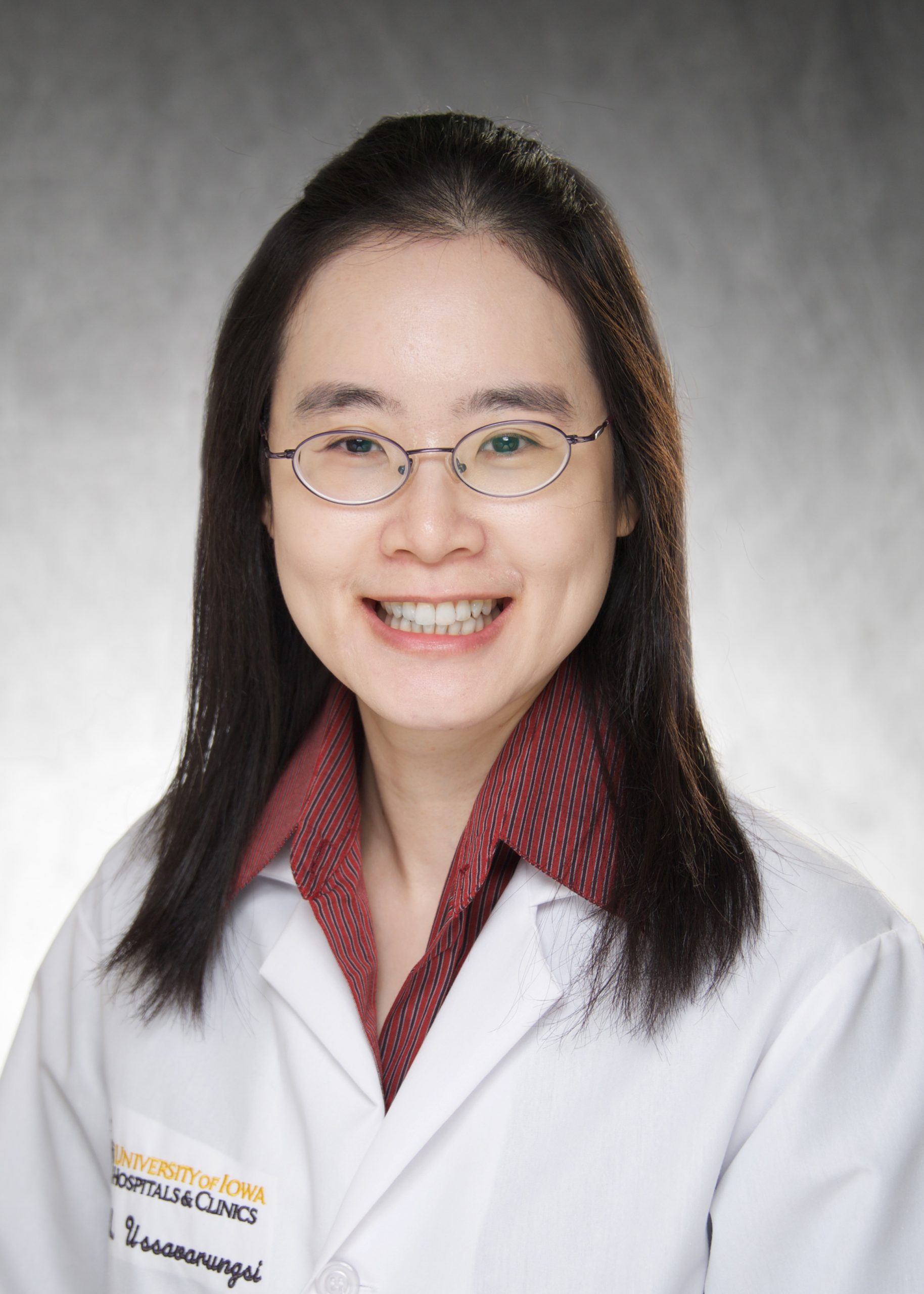Every day, members of our Department work tirelessly to advance all of our tripartite missions. Our clinical faculty care for and support the many patients that we serve and are more than happy to go unnoticed. However, our patients do speak and utilize various channels to express their appreciation. I would like to recognize and congratulate many of our clinicians who demonstrate in both large and small ways their deep wells of compassion and creativity in providing our patients world-class care. The stories detailed here represent just a couple months of examples and came to light because a patient or a colleague took the time to document it. The truth is that our physicians and nurses perform the extraordinary so often that it can easily come to seem common to one another. The long hours, staying late even when the lights are out, offering a patient one’s mobile phone number, seeking out opportunities to get familiar with procedures a little more quickly—these things happen here every day. When we see it so regularly, we take it for granted. But I see it, your colleagues see it, and the colleagues of these clinicians documented through our Making a Difference campaign saw it too. We all are extremely fortunate to be surrounded by so many who, when we stop to pay attention, compel us to redefine dedication.
We continue to lead in research as well. The UIHC Center for Hypertension Research recently announced the four winners of one-year, $40,000 pilot grants, three of which have been awarded to members of our department. Dr. Ang Guo will study the involvement of the membrane protein junctophilin 2 (JP2) in blood pressure regulation and the pathophysiology of hypertension. Dr. Ajit Vikram will collaborate with Dr. Robert Roghair in the Stead Family Department of Pediatrics to examine the connection between a gut-flora-sensitive vascular non-coding RNA and diabetes-associated non-dipping hypertension. And Drs. Sailesh Harwani and Pete Snyder will examine regulatory mechanisms for sodium reabsorption in the kidneys, which has potential implications for developing novel therapeutic strategies to treat or prevent high blood pressure. Pilot grants represent critical seed funding of promising ideas to establish feasibility and strengthen preliminary data to increase competitiveness for major extramural grants. I am pleased to see that our Department represents a deep repository of great ideas. Join me in congratulating our colleagues. We look forward to seeing strong progress and additional success in these projects.
Our commitment to education is strong. Last week, two divisions within the department sponsored CME conferences, each preserving our department’s long tradition of engaging with area and regional providers. On Thursday, Drs. Lama Noureddine and Sarat Kuppachi from the Division of Nephrology organized the 39th Annual John B. Stokes Iowa Kidney Day, named in memory of one of the division’s most accomplished directors. Presenters covered a range of topics, from palliative care to genetic screening. It also provided a chance for the division’s new director, Dr. Chou-Long Huang, to introduce himself to the community. The very next day across the river, Division Director Dr. Dan Diekema and his planning committee members—Drs. Jason Barker, Dilek Ince, Ben Appenheimer, and Judy Streit—held the 19th Annual Update in Infectious Diseases. Presenters came from as far as Kansas and Kentucky and also featured a multidisciplinary mix of pharmacists, dermatologists, and pediatricians from the University of Iowa. Congratulations to both divisions for sustaining our responsibility to continuing medical education.
 Finally, this coming Monday, we will hold our eleventh annual Employee Appreciation Day. This is my second one as Chair, and it is a useful opportunity to reflect on how grateful I remain for every member of this extraordinary team. Last year, I marveled at the centuries of collective experience, success, and wisdom our Department as a whole contains, a total which continues to grow. But an often-overlooked group also contributes to that growth. This space regularly praises the hard work and dedication of our faculty, researchers, educators, and clinicians, but the efforts of our administrative staff also deserve praise. All the successes I have just described above would not have been possible without a host of coordinators, assistants, and administrators pulling a lot of strings behind the scenes. They coordinate our travel and that of our recruits and lecturers, schedule our patients, proctor our exams, build and maintain our budgets. They are just as critical to the success of our department, and they stand ready to listen and adapt to the changing needs of those they serve. I look forward to celebrating their contributions next week as well as those of our more visible members.
Finally, this coming Monday, we will hold our eleventh annual Employee Appreciation Day. This is my second one as Chair, and it is a useful opportunity to reflect on how grateful I remain for every member of this extraordinary team. Last year, I marveled at the centuries of collective experience, success, and wisdom our Department as a whole contains, a total which continues to grow. But an often-overlooked group also contributes to that growth. This space regularly praises the hard work and dedication of our faculty, researchers, educators, and clinicians, but the efforts of our administrative staff also deserve praise. All the successes I have just described above would not have been possible without a host of coordinators, assistants, and administrators pulling a lot of strings behind the scenes. They coordinate our travel and that of our recruits and lecturers, schedule our patients, proctor our exams, build and maintain our budgets. They are just as critical to the success of our department, and they stand ready to listen and adapt to the changing needs of those they serve. I look forward to celebrating their contributions next week as well as those of our more visible members.

